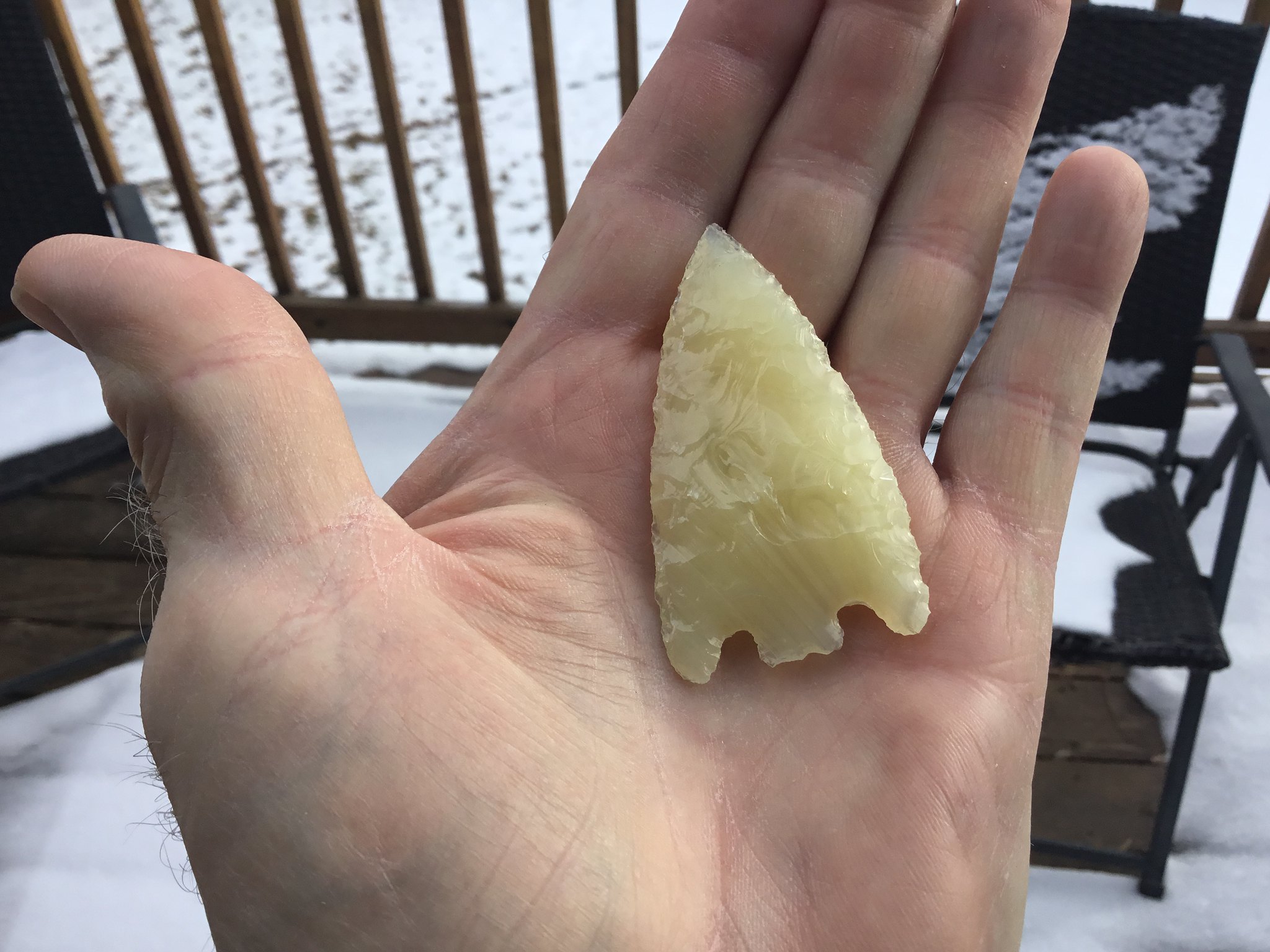Making 'correct' British or French style gunflints is a highly specialized skill that takes a lot of practice, and good material. BUT you don't have to do that. Anyone can learn fairly easily to make flakes and trim them to shape as usable gunflints if you can get decent flint or many American cherts.
Start with the basics - two books that give good explanations are Whittaker - Making and Understanding Stone Tools, and Waldorf - The Art of Flintknapping. There are dozens of youtube videos that you can find, and you should watch some of those too. Even better, find a flintknapping friend to get you started. It's a fun craft if you want to continue. Most US knappers work in a sort of Native American tradition of making 'arrowheads' but the principles are all the same. There are 'knap-in' gatherings of these folk, and some of the guys and gals at rendezvous may also be knappers.












